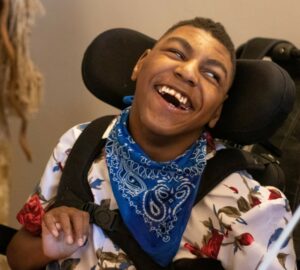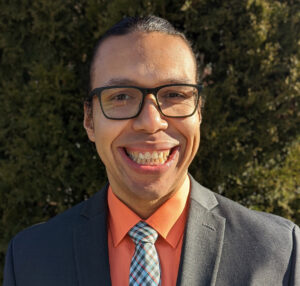
Resonance
Download the article (pdf) Table of Contents The news came via text from a colleague. Adam had died the day before, from a cause not

Download the article (pdf) Table of Contents The news came via text from a colleague. Adam had died the day before, from a cause not

Download the article (pdf) Table of Contents Healthcare professionals working in a hospital setting must respond to a variety of stressful situations while on the

Download the article (pdf) Table of Contents Early in my career I worked very closely with a patient who many on my ICU team said

This beautiful poem by “a mother on a mission to help families and caregivers navigate life with differently-abled kids” presents the powerful story of Noah Williams. Noah lives an extraordinary life as an artist, athlete, and public speaker, as he deals daily with cerebral palsy, epilepsy, and visual impairment. As Naomi’s words flow through the poem, they detail his lifelong struggle, and the love of people who join in his joy of living and help him navigate his days. “The best that is in him keeps unfolding into the spaces so many help open and hold.”

In this second student essay focused on the Covid learning years, Bridget Graff details how her frustration with forced digital learning led her to discover a whole new perspective on life and work. Moving from being an active, dynamic, overworked student to one focused more on “concepts,” she developed a work-life “balancing act” that improved her academic performance—and will serve her for years to come.

Download the article (pdf) Table of Contents Congratulations to Columbia University Vagelos College of Physicians and Surgeons Doctor of Physical Therapy Program graduate student Joseph